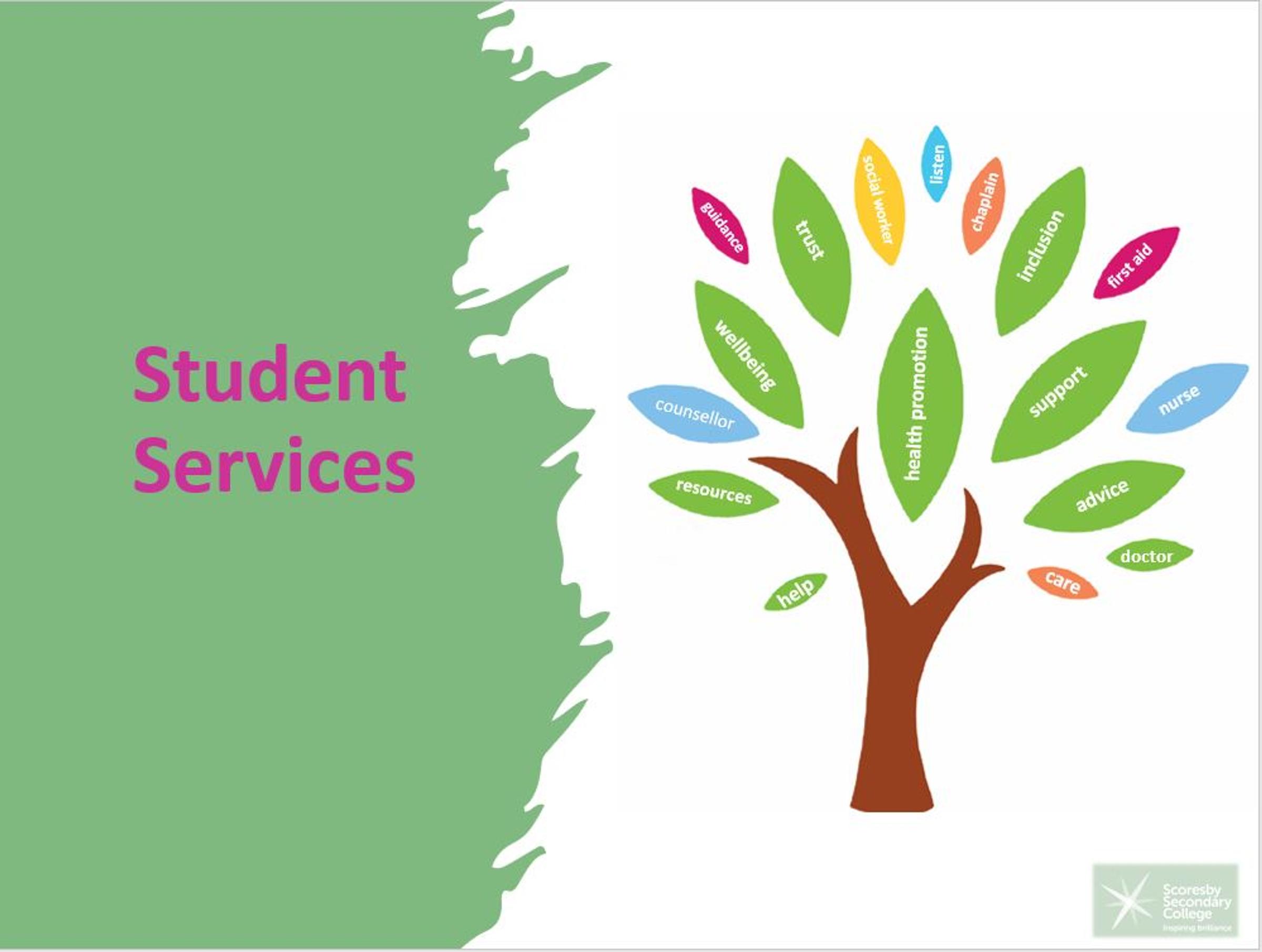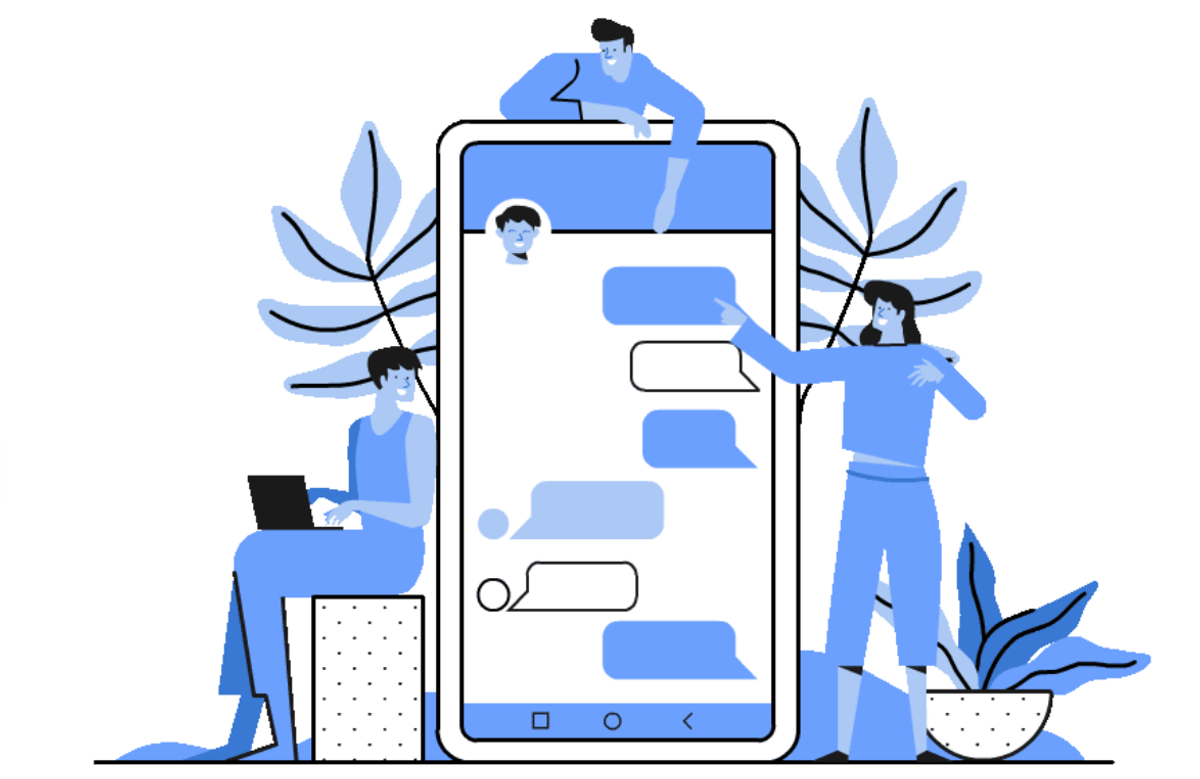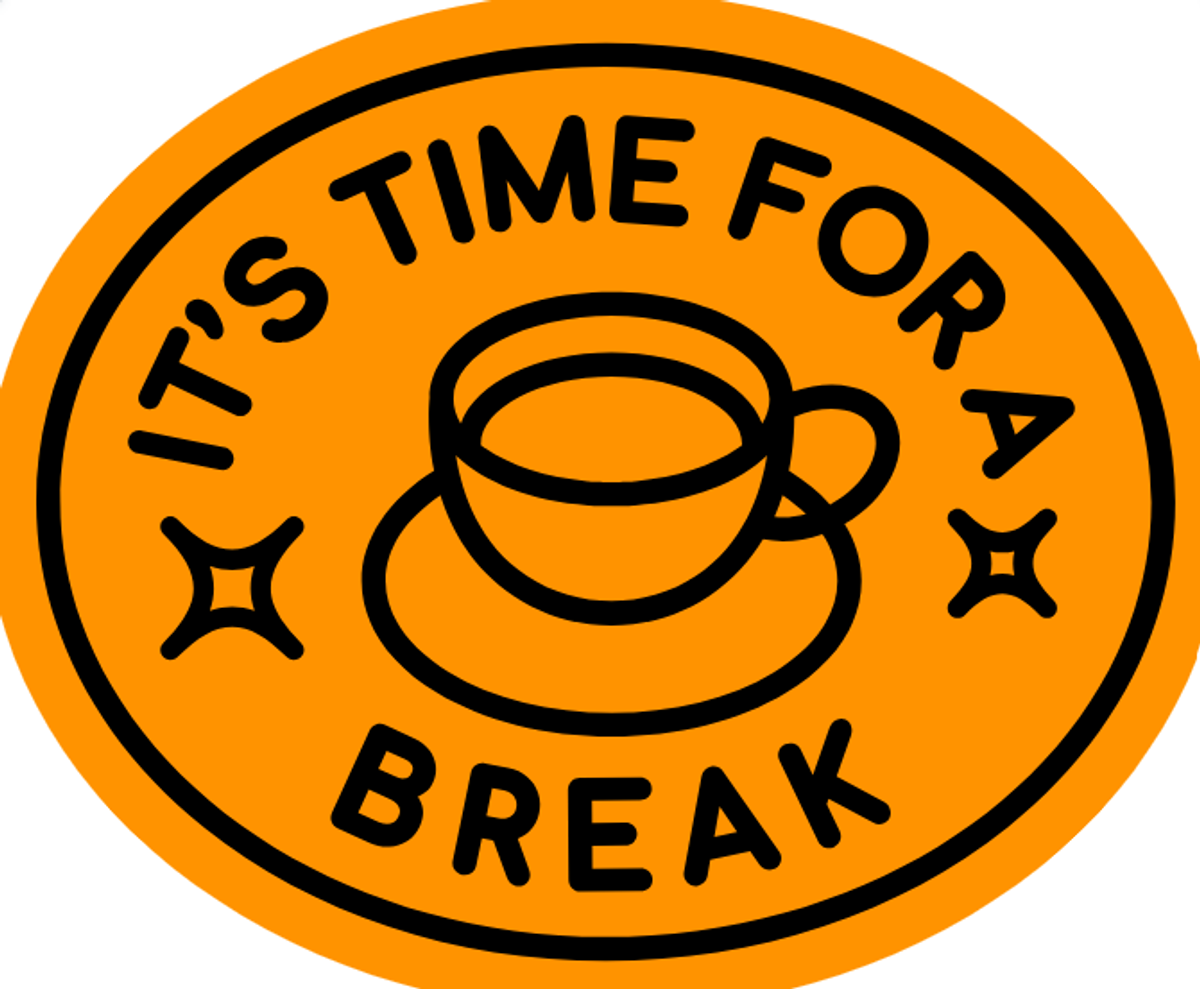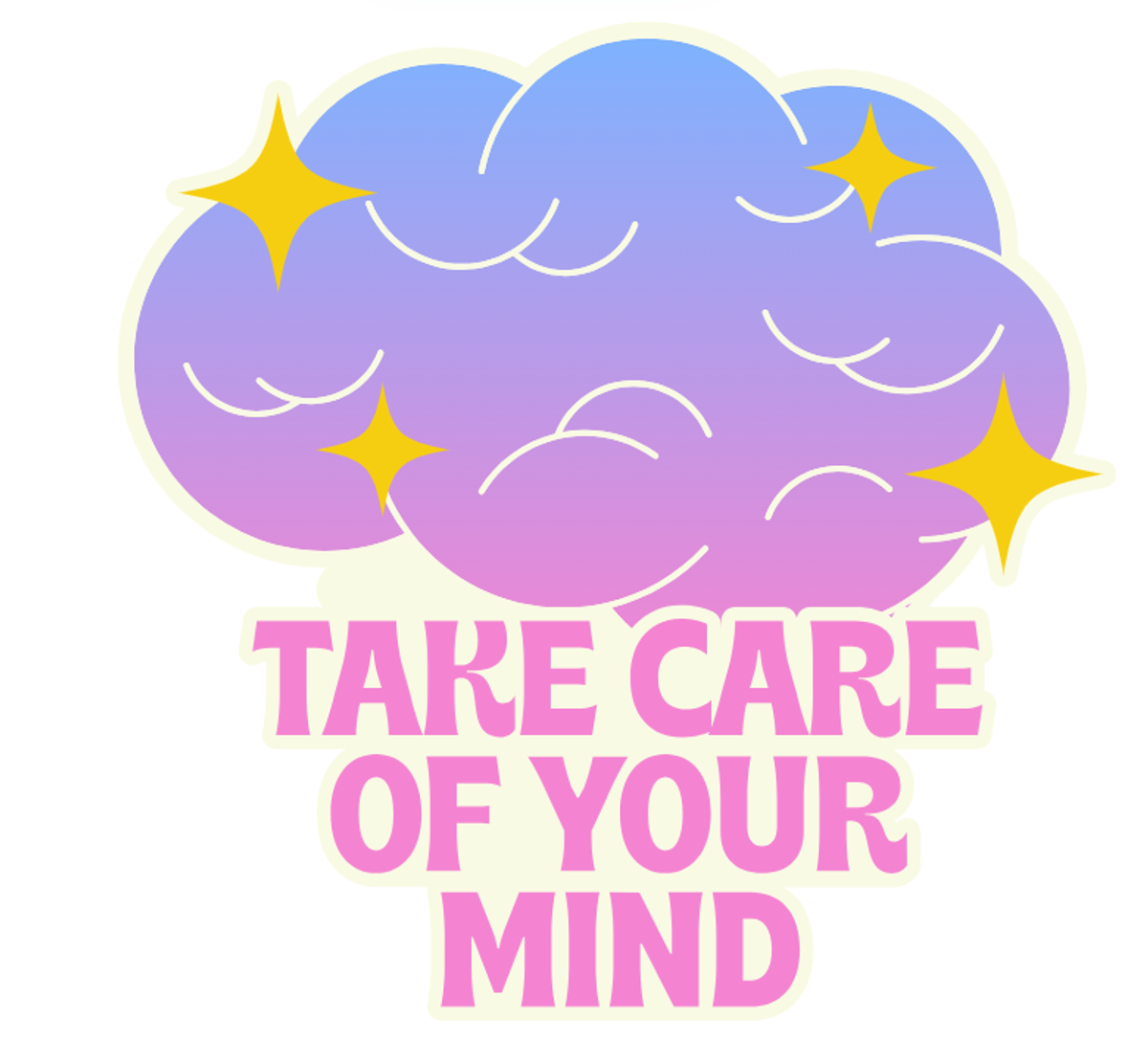Student Services

Practising Digital Wellness
How to Stay Mentally Healthy Online
In today’s world, being online is a huge part of our lives — whether it’s keeping up with friends, researching homework, or scrolling through social media. But with all the time spent on screens, it’s important to make sure we’re looking after our mental health in the digital space too. This is where digital wellness comes in.
Digital wellness is about using technology in a way that supports our wellbeing rather than harms it. It’s easy to fall into habits like endless scrolling, comparing ourselves to others online, or checking notifications constantly — but these can leave us feeling drained, anxious, or disconnected from real life.
Here are a few ways to take care of your digital wellbeing:
- Be mindful of your screen time. Use tools to track how long you’re on certain apps and set limits if needed. Taking regular breaks from your screen can make a big difference.
- Curate your feed. Follow accounts that make you feel inspired, supported, or uplifted. Unfollow or mute anything that causes stress, comparison, or negativity.
- Take a digital detox. Every so often, try logging off for a few hours (or even a day). You might be surprised at how refreshing it feels.
- Watch how you feel. Pay attention to your mood after using certain platforms. If something consistently makes you feel worse, it might be time to rethink how you engage with it.
Online spaces should be safe and positive — and that starts with how we use them. Practising digital wellness helps protect your peace and keep you grounded in the real world.
Mental Health Apps to use:
- Finch
- Wysa – Mental Health
- Think Ladder – Mental Health
- Self Love – Positive affirmations
Kidshelpline: 1800 55 1800 / Kidshelpline.com
Miss Alicia Alpuim
School Counsellor
Acne
Acne is a medical problem that causes outbreaks of blackheads, pimples and cysts. The triggers for acne include some of the hormones associated with puberty and the menstrual cycle. Self help strategies include cleansing the affected areas, using water-based makeup and resisting the urge to squeeze or pick at spots.
Cause of acne
Acne usually begins in the teenage years and disappears after eight to ten years. Acne is caused by inflammation of the hair follicles. At the start of puberty androgen hormones are released into the body. Both boys and girls have androgens, but boys have more of them. Androgens cause the oil glands in the skin of the face, neck, back, shoulders and chest to enlarge and to produce more oil (sebum). Bacteria that normally live on the skin surface digest the oil and by-products from this digestion irritate the skin, block the pores and produce blackheads, pimples and cysts. Girls tend to reach puberty earlier than boys and develop acne at a younger age, Acne can become worse or “break out “at certain times of a girl’s menstrual cycle, usually just before a period. It most commonly affects the face, back and chest. Features include blackheads, whiteheads, pimples and cysts. In severe cases, acne may lead to permanent scarring. Acne can make teenagers feel embarrassed and bad about themselves. There are however treatments available to manage acne.
Self -help strategies for acne
- Cleansing – Using cleansers specifically developed for acne prone skin can help. Try washing the affected area twice a day, but not overdo it. It is important not to cause the skin to become too dry or irritated. Some acne treatments can be bought over the counter at pharmacies and supermarkets. These work by cleaning the skin and drying up the excess oil. It is a good idea to talk to a pharmacist before you buy a product to find out which treatment might be the most useful for you. A cleanser for acne-prone skin may be all that is needed for mild acne.
- Makeup- Choose water-based, oil free products where possible to avoid worsening acne by clogging the pores with oils or powder. Makeup should be thoroughly removed before going to bed.
- Don’t squeeze- Picking and squeezing pimples can make them worse and lead to scarring.
- Diet-There is some weak evidence that a low-GI diet (unprocessed) food may help some people with acne. If you notice any particular food makes pimples worse it is best to avoid that food.
Treatment for acne-professional help available.
If your acne is not improving with over the counter treatments or if you have a more severe form of acne, you will need to see your doctor. Your family doctor can assess your acne, determine if you are developing any scarring and prescribe treatments specific for your type of acne.
- Your doctor can also prescribe retinoid creams, antibiotic creams and antibiotic tablets, which may also work to prevent new pimples from forming. In general, the benefits are first seen after six to eight weeks of daily use.
- The doctor may also refer you to a dermatologist for assessment and possible prescription of medications where other products have not helped improve the acne. Dermatologists may commence some medical treatments that can include a range of topical or oral treatments such as retinoids, antibiotics and hormonal agents.
- Medications can lead to significant improvements in how the skin looks and can reduce the number of new pimples.
- It is important to remember that acne is a medical problem and if self-help strategies have not helped to seek more information from a pharmacist or doctor to discuss other possible treatments.
- If you have any further questions about acne, feel free to come and chat with Nurse Jo or GP Prashima in the school clinic open on Thursdays during the school term, at Scoresby Secondary School.
Mrs Jo Morkham
DISS Nurse




